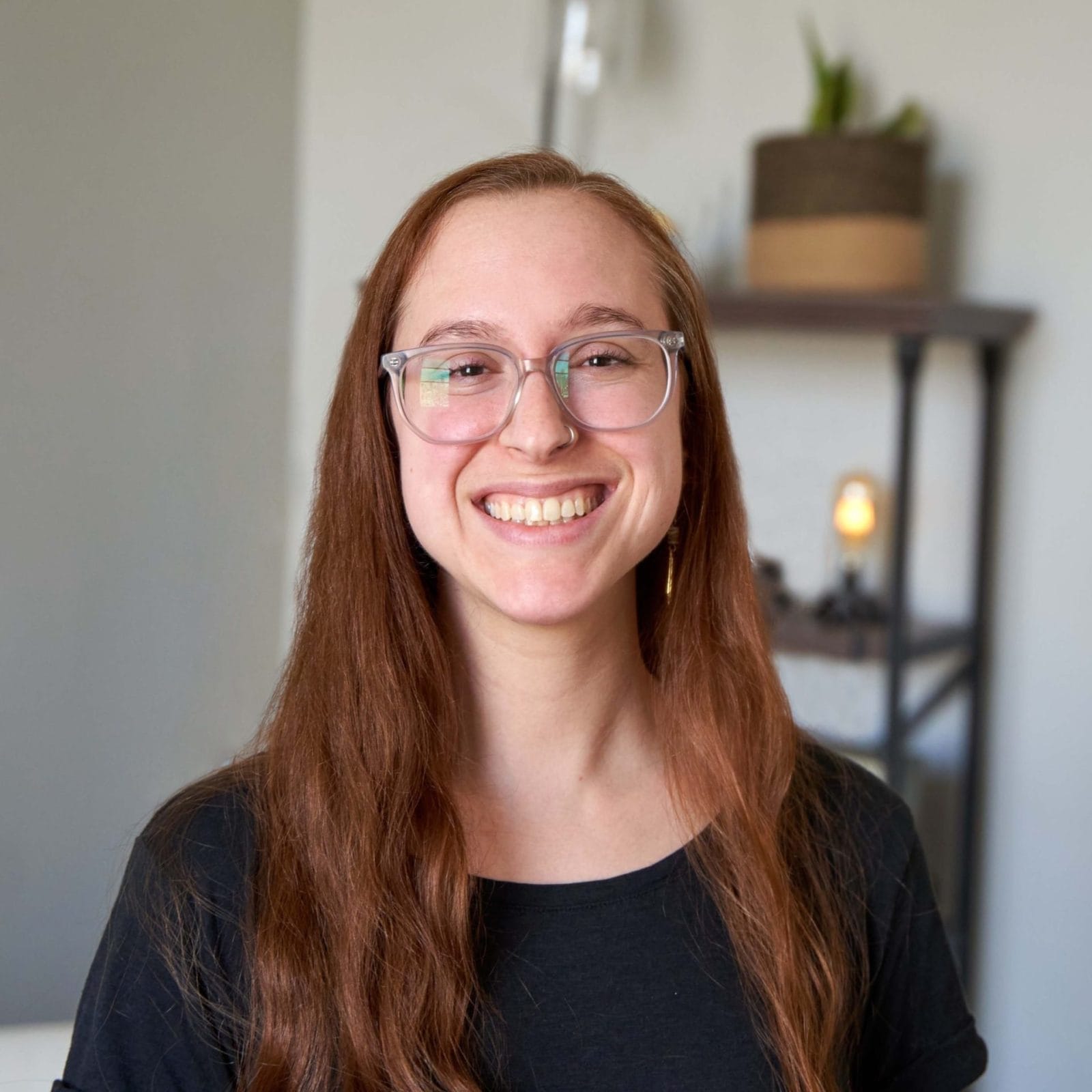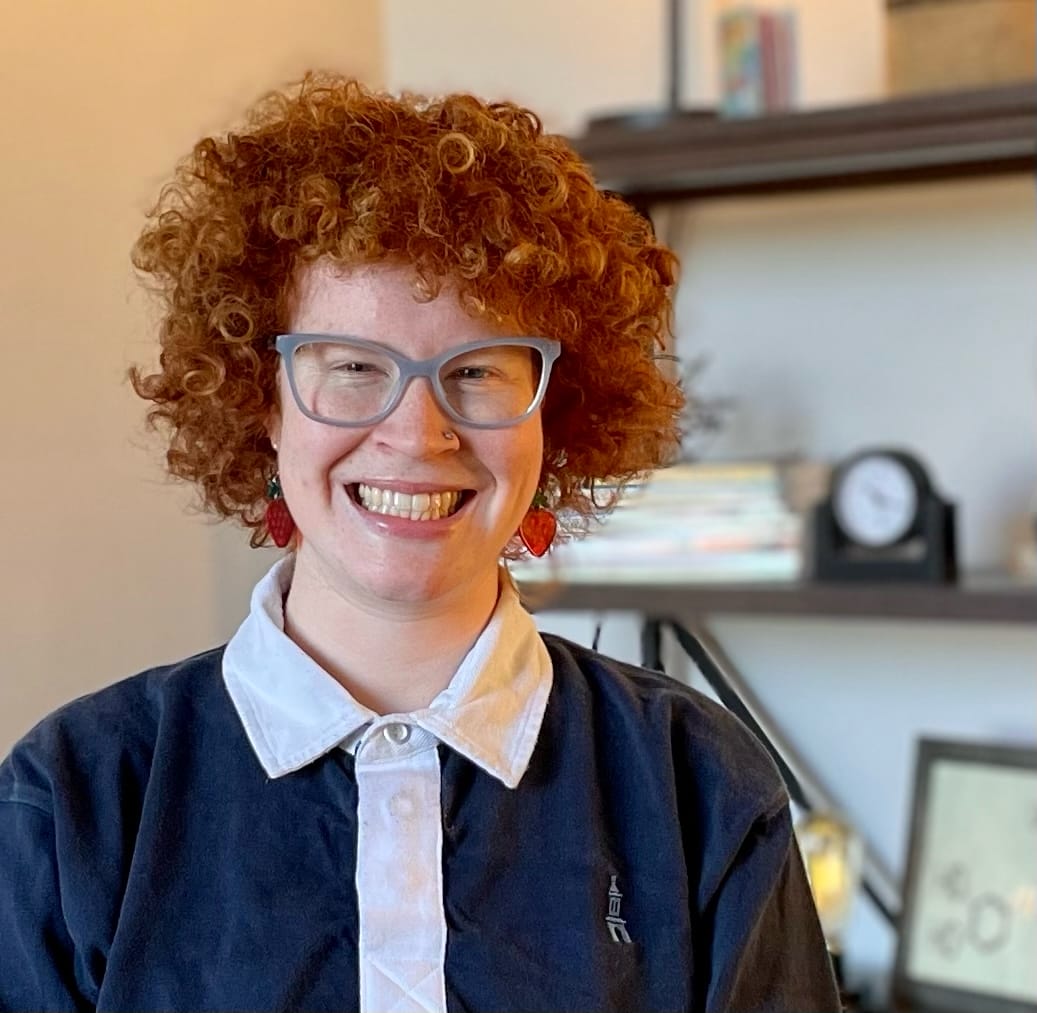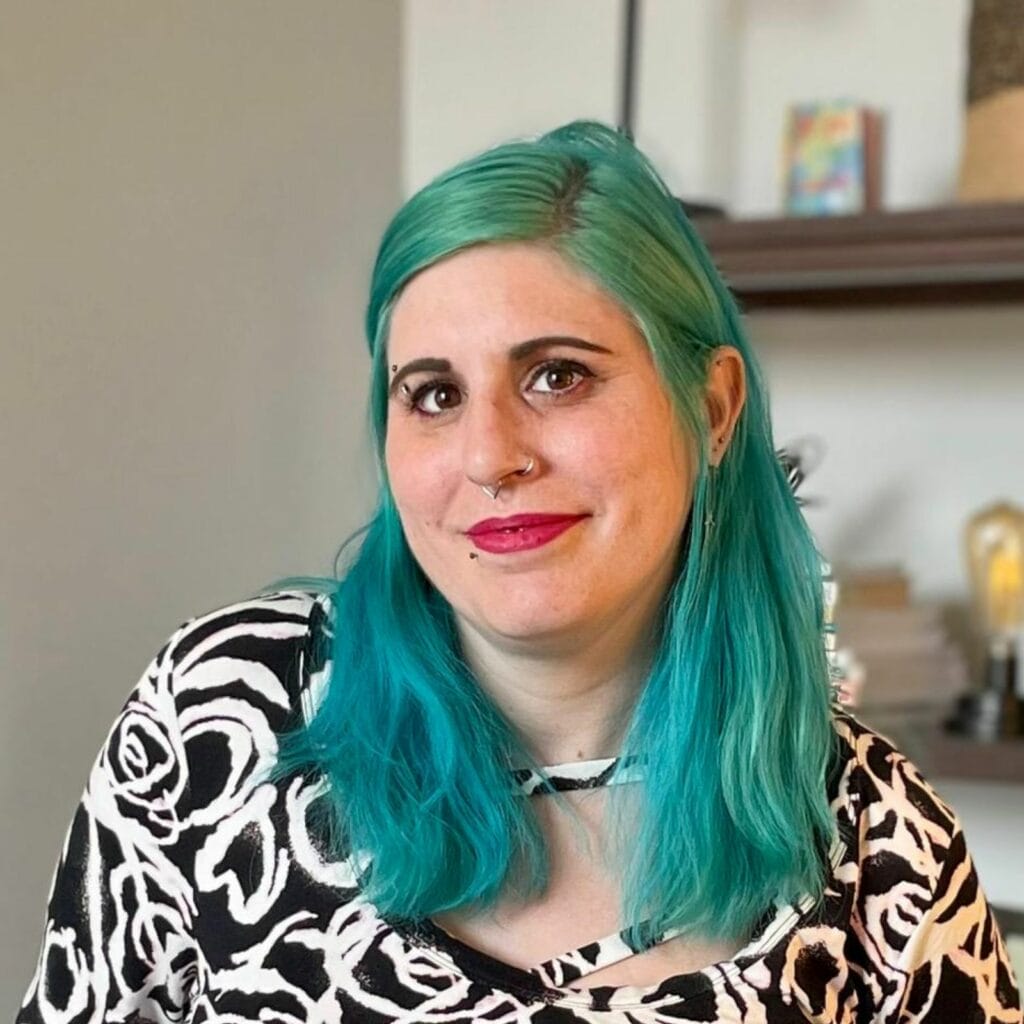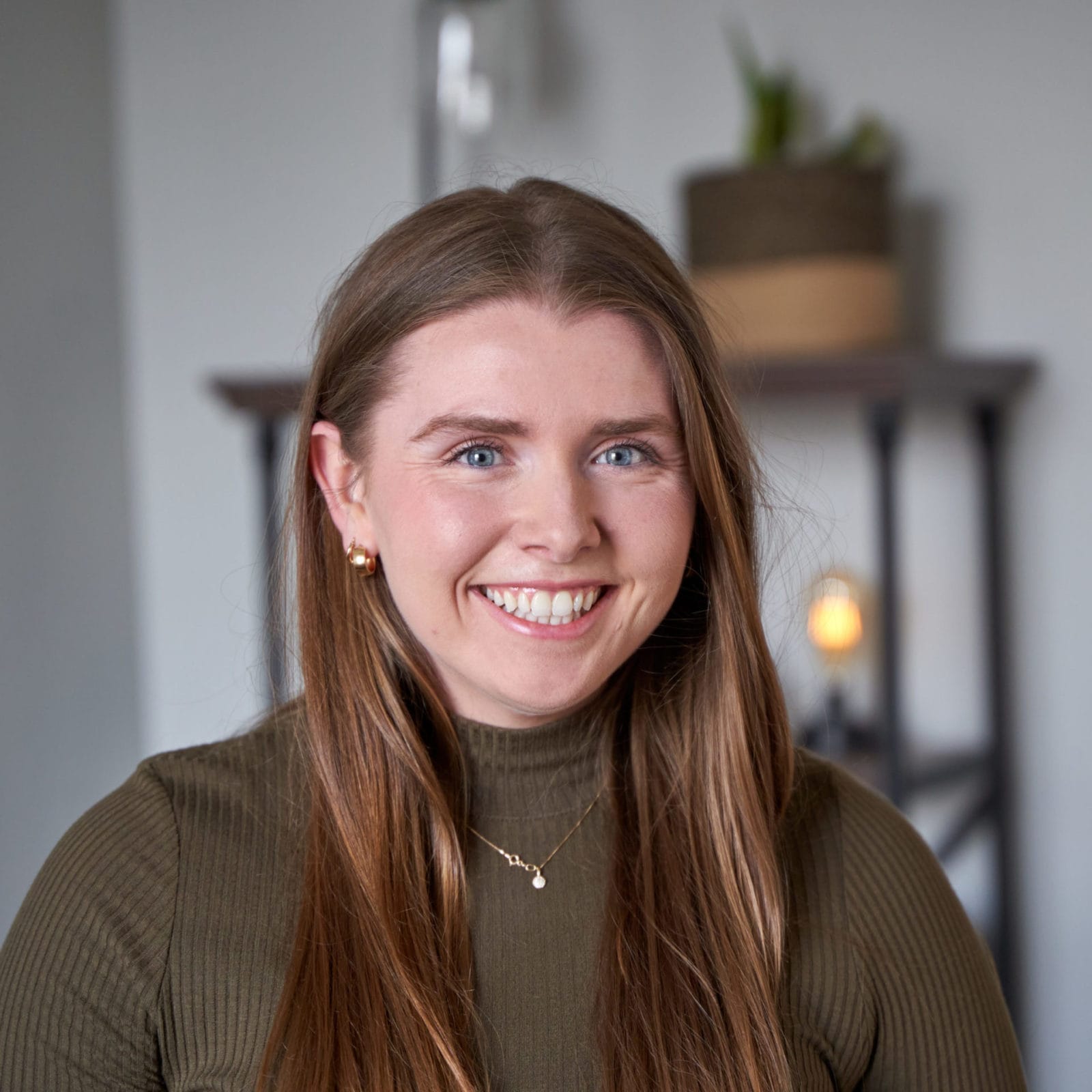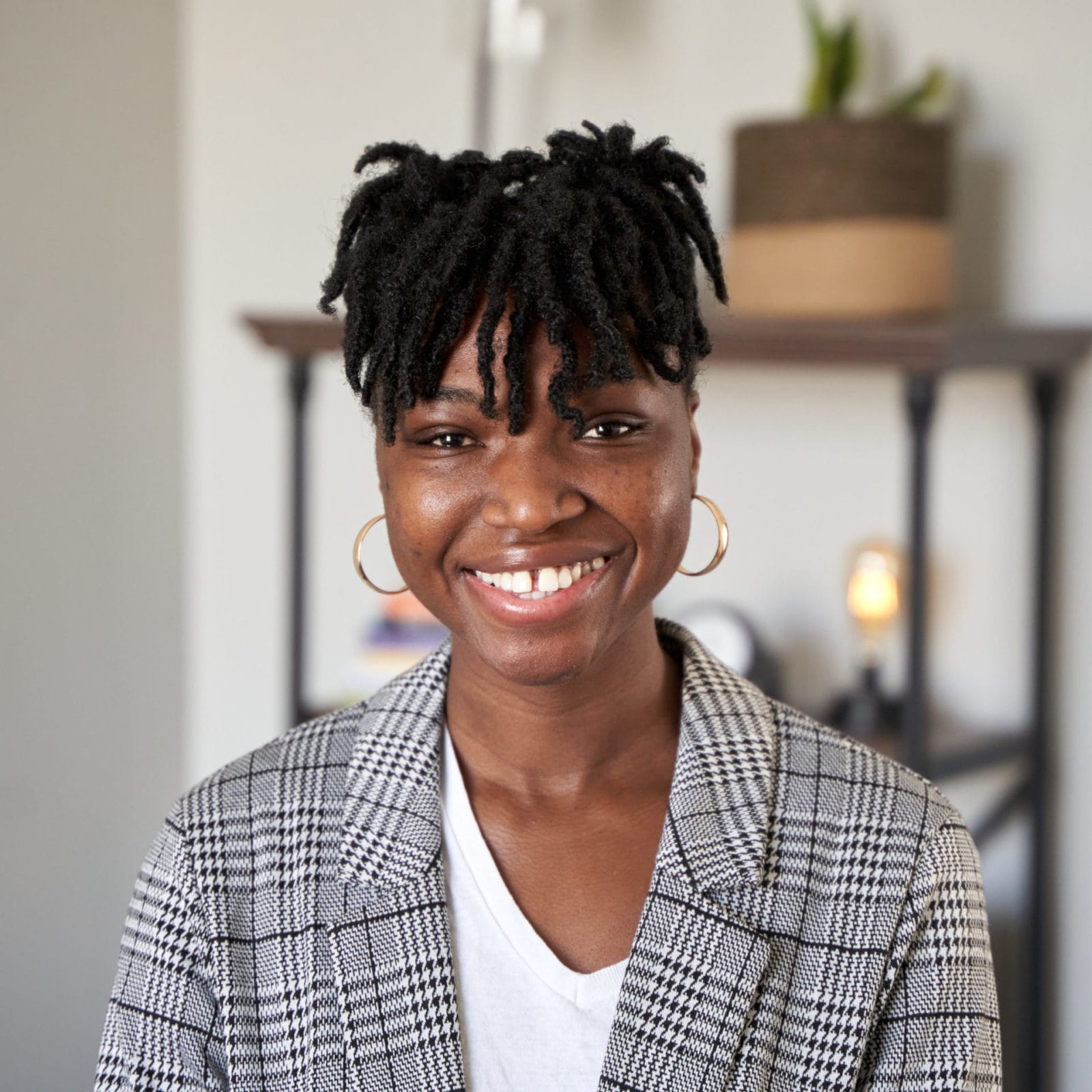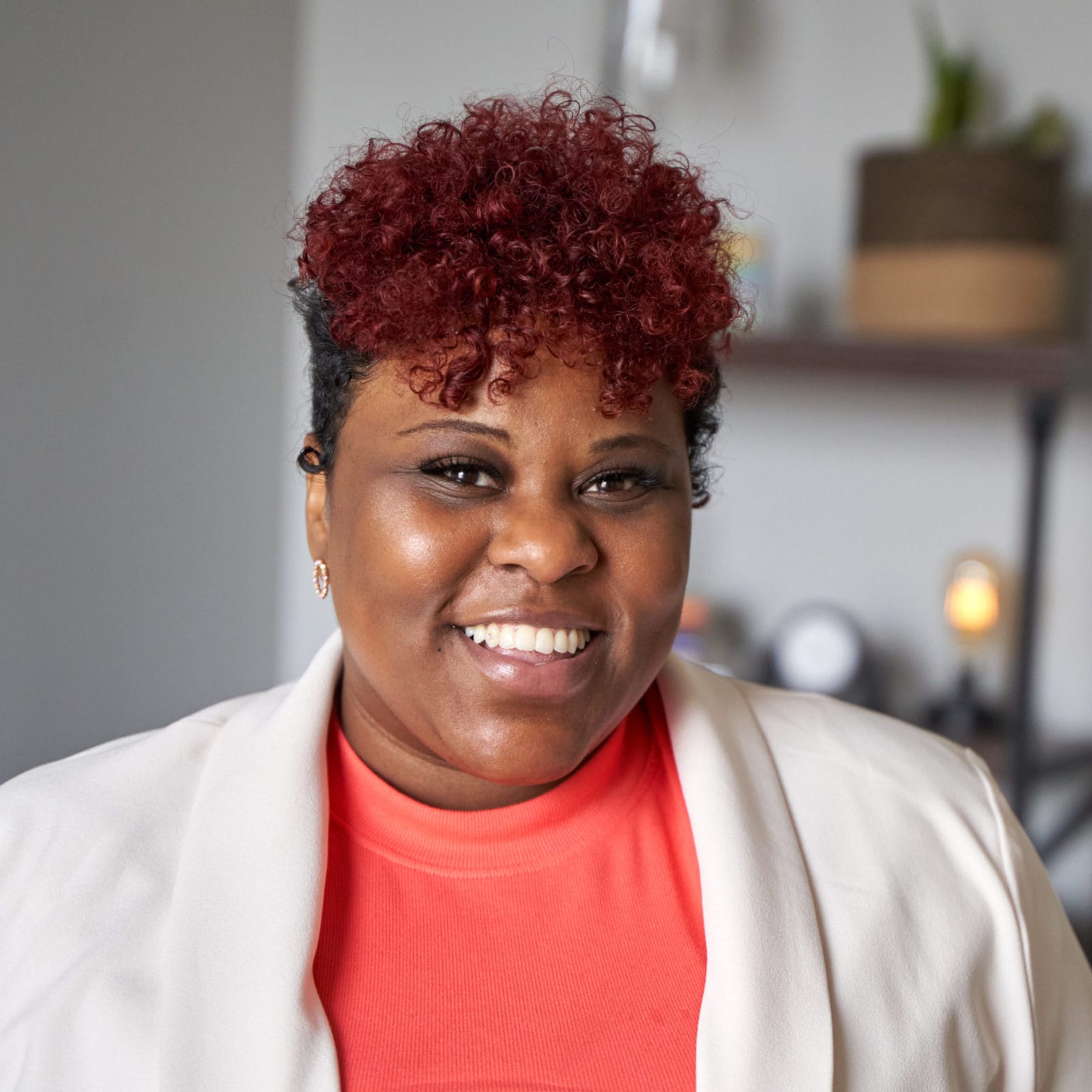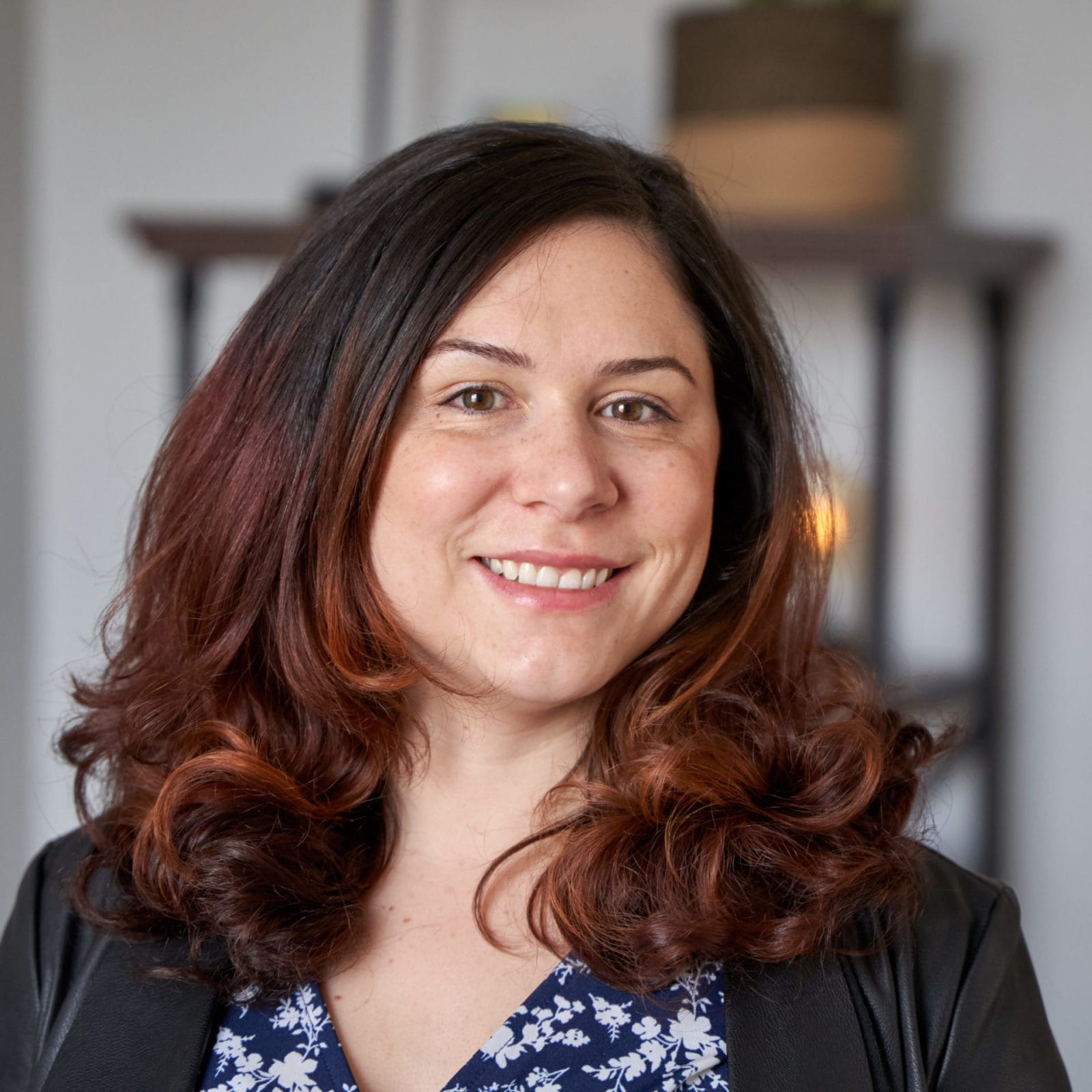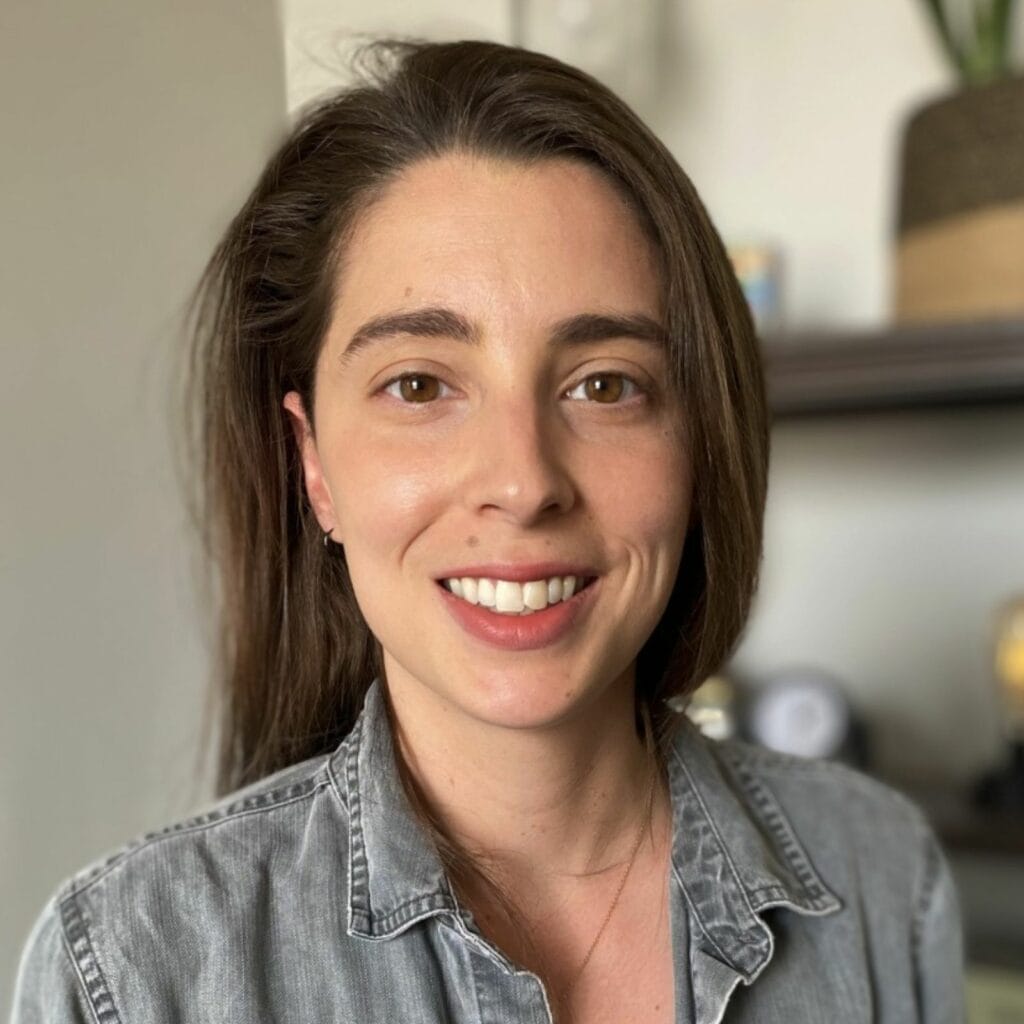
Grief & Loss Group Therapy Philadelphia, PA
Have you experienced a loss? Unfortunately, grief is an inevitable part of life. Even with grief being inevitable it still affects us. Grief is something that can be experienced in a wide range of situations. The situations can include the death of a loved one or a pet, the ending of a marriage, the loss of a job, or any other kind of significant loss.
Are you feeling stuck in your grief? Grief isn’t easy and it can leave us feeling directionless. Grief takes a toll on your mind, your body, and your relationships. Living in the reality of loss can be lonely and overwhelming. You are not alone in these feelings. Some losses can hit us harder than others and the grieving period can lead to depression, anxiety, exhaustion, and other mental/physical concerns.
Common symptoms of grieving that appear in different stages or processes:
- Physical symptoms of fatigue, weight loss or gain, aches and pains
- Sadness
- Loneliness
- Anger
- Anxiety
- Feeling empty
- Guilt, shame, or regret
- Denial, numbness, or shock
- Helplessness or feeling stuck
Meet The Counselor Leading The Group
Common types of grief
Normal grief
Grief that lasts from 6 months to 2 years after the significant loss. There is typically a period of sorrow, numbness, and sometimes guilt or anger.
Absent grief
This occurs when the loss is sudden and the person grieving shows little to no signs of normal grief. Absent grief can be due to a variety of different things; the main reasons are shock or disassociation.
Anticipatory grief
It is the anticipation of the significant loss that is causing the grief. You might start envisioning your life without this person or thing that you are losing. For example, losing a loved one from cancer or anticipated layoffs can produce this type of grief. Anticipatory grief may happen before the actual loss happens.
Delayed grief
When experiencing this type of grief the emotional reaction to loss doesn’t happen right away. People might experience deep sorrow long after the loss.
Complicated grief
When you are in conflict with yourself and the feelings that erupt from the grief that you are experiencing.
Cumulative grief
The compounding grief of multiple losses in a relatively short period of time.

Disenfranchised grief
Grief that is often ignored or dismissed because it is from things that society doesn’t see as heavy or deserving of grief. This would include losing a job or a pet passing away. Disenfranchised grief can also come from things that are considered more taboo, like grieving the loss of your partner’s breakup.
Distorted grief
Those who experience this type of grief have a warped sense of the world, and are typically angry at the world, themselves, or other people.
Inhibited grief
People experiencing this type of grief tend to keep themselves busy or distracted to help avoid the feelings of grief.
Abbreviated grief
This type of grief passes quickly due to individuals moving on quickly from the loss.
Chronic grief
On the opposite side of abbreviated grief, chronic grief differs from normal grief due to the griever having an incredibly difficult time sitting and dealing with their grief. People with chronic grief still have intense emotions around the grief for years or months after the loss.
Collective grief
In the wake of major events, collective grief can manifest. These major events include wars, pandemics, or natural disasters.
No matter what type of grief you are experiencing, your grief is real and your process is important! Grief counseling is intended to help you grieve in a manner that serves you. Counseling can help you understand and cope with the emotions you may experience, and find a way to continue on with life in a meaningful way.
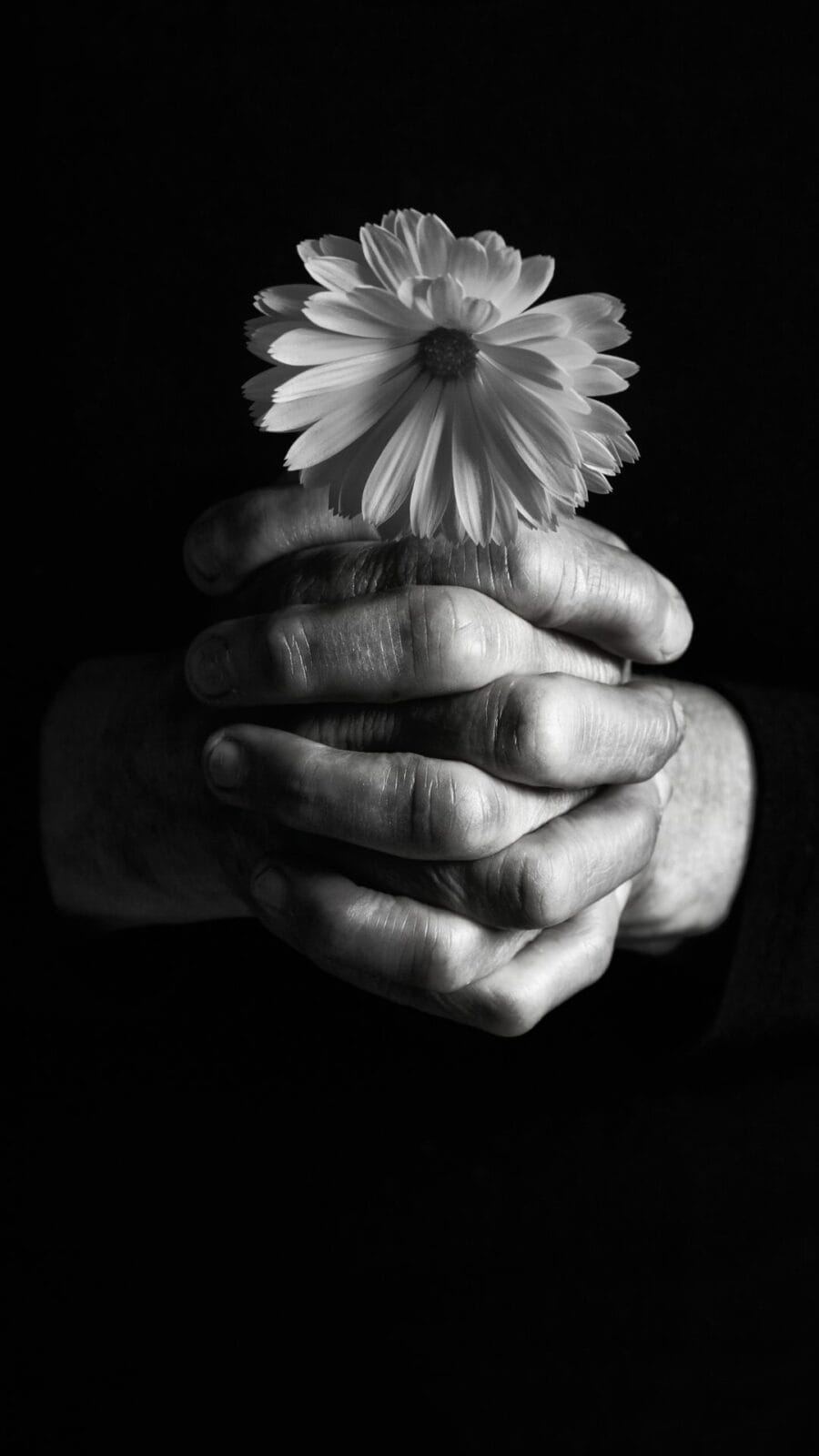
About Grief and Loss Group Therapy
During the group therapy sessions, you will come away learning to meet grief and loss in a way that is meaningful for you. This group will teach you how to recognize the physical side effects that you may experience while navigating the impact grief has on your thoughts and emotions. You will learn some of the most common side effects of grief and be provided with the tools to help support and nourish your mind and body as you navigate the new road of life after your loss.
Group members will have the space to talk about the overwhelming feeling that comes with grief and loss. In this group, you will learn how to express your feelings surrounding your loss in a safe environment. You’ll learn how to set boundaries when it comes to your grieving process. By setting boundaries you will recognize your emotional energy, protect your privacy, and become aware of your needs.
Together we will work towards accepting the reality of the loss, work through the pain of grief, adjust to life without the deceased, and maintain a connection to the person or thing you lost while moving on with life.
Through group therapy, you will be given the space to speak about your loss in a safe space, deal with any uncomfortable feelings (guilt, anger, sadness, etc.), and work towards acceptance. You will learn how to manage what you are feeling and thinking through discussion, self-compassion, self-observation, and goal setting. The group will incorporate the Companioning Model of Bereavement Caregiving developed by Dr. Alan D. Wolfelt to help bring comfort to one another by becoming familiar with other group members’ stories, experiences, and needs. This group aims to provide support during this difficult time.


Logistics of the Group
Name of the group: Grief and Loss Group Therapy
Group Leader: Claire Savage
Dates: Tuesdays starting January 3, 2023
Time: 6-7:30p EST (90 Minute sessions)
Place: The Better You Institute at 123 S. Broad St., Suite 1835 Philadelphia, PA 19109
Participant Demographics: 18 years and older
Cost: $50/session/person; sliding scale available
How to sign up: Use the form below, or call us at 267-495-4951 to see if you’d be a good fit for the group.
Group Details: This is an open group, meaning participants do not have to commit long-term to joining on a weekly basis. Your attendance is up to you.

